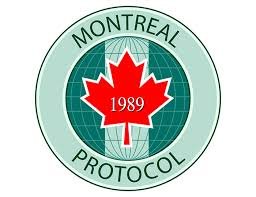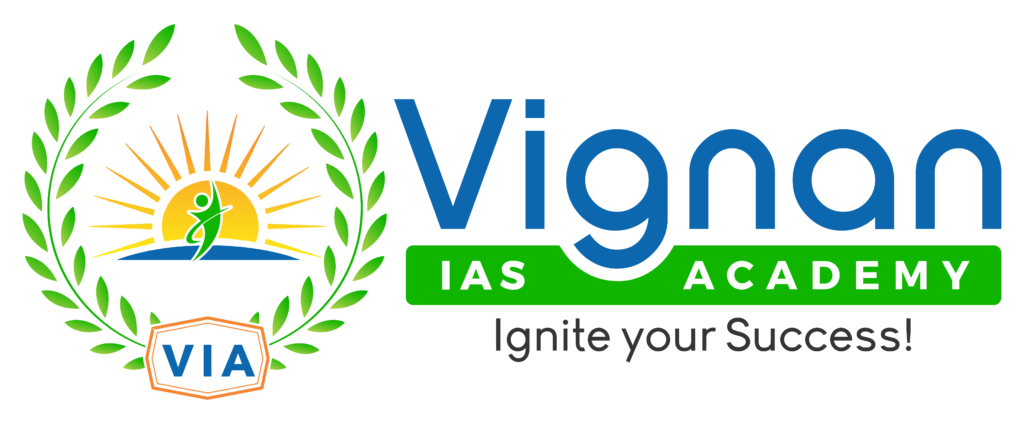Blog
August 19th Current Affairs
- August 19, 2021
- Posted by: admin
- Category: Culture Current Affairs Daily News Defense & Security Disaster Management Economy Education Environment & Ecology Ethics Geography Governance Health History International Relation Persons in News Polity Science & Technology Social Issues Sports Uncategorized UPSC Notification Videos
1.Kigali Amendment.

IN NEWS:
The Union Cabinet has given its approval for ratification of the Kigali Amendment to the Montreal Protocol on Substances that Deplete the Ozone Layer for phase down of Hydrofluorocarbons (HFCs) by India.
KEY POINTS:
- A national strategy for phase down of hydrofluorocarbons will be developed after required consultation with all the industry stakeholders by 2023.
- Amendments to the existing legislation framework, the Ozone Depleting Substances (Regulation and Control) Rules to allow appropriate control of the production and consumption of hydrofluorocarbons to ensure compliance with the Kigali Amendment will be done by mid-2024.
The Kigali Amendment:
- Parties to the Montreal Protocol, under the Kigali Amendment, will phase down production and consumption of Hydrofluorocarbons, commonly known as HFCs.
- The Montreal Protocol, effective from 1989, is an international treaty designed to protect the ozone layer by phasing out the production of numerous substances (especially chlorofluorocarbons (CFC)) that are responsible for ozone depletion.
- HFC were introduced as non-ozone depleting alternative to CFC such as R-12 and hydrochlorofluorocarbons (HCFC) such as R-21.
- While HFCs do not deplete the stratospheric ozone layer, they have high global warming potential ranging from 12 to 14,000, which have adverse impact on climate.
- Recognizing the growth in use of HFCs, especially in Refrigeration and Air-conditioning sector the Parties to the Montreal Protocol, reached another agreement in 2016 in Kigali, Rwanda to add HFCs to the list of controlled substances and approved a timeline for their gradual reduction by 80-85 per cent by the late 2040s.
- All amendments and adjustments of the Montreal Protocol, prior to the Kigali Amendment have Universal support.
- It has divided the signatory parties into three groups-
- The first group consists of rich and developed economies like USA, UK and EU countries who will start to phase down HFCs by 2019 and reduce it to 15% of 2012 levels by 2036.
- The second group consists of emerging economies like China, Brazil as well as some African countries who will start phase down by 2024 and reduce it to 20% of 2021 levels by 2045.
- The third group consists of developing economies and some of the hottest climatic countries like India, Pakistan, Iran, Saudi Arabia who will start phasing down HFCs by 2028 and reduce it to 15% of 2024-2026 levels till 2047.
- It also has a provision for a multilateral fund for developing countries for adaptation and mitigation.
- The phase down of HFCs is expected to
- Prevent the emission of up to 105 million tonnes of carbon dioxide equivalent of greenhouse gases.
- Avoid up to 0.5 degree Celsius of global temperature rise by 2100, while continuing to protect the ozone layer.
SOURCE:IE
2. International Bullion Exchange.

IN NEWS:
International Financial Services Centres Authority (IFSCA) chief launches pilot run of International Bullion Exchange; to go live on October 1, 2021, the Foundation Day of IFSCA.
KEY POINTS:
- The IFSCA (Bullion Exchange) Regulations, 2020, were notified on December 11, 2020, which, inter alia, covers the Bullion Exchange, Clearing Corporation, Depositories and Vaults.
- Bullion is gold and silver that is officially recognized as being at least 99.5% and 99.9% pure and is in the form of bars or ingots and is often kept as a reserve asset by governments and central banks.
- Bullion can sometimes be considered legal tender, most often held in reserves by central banks or used by institutional investors to hedge against inflationary effects on their portfolios thus creating Bullion Market.
- The International Bullion Exchange shall be the “Gateway for Bullion Imports into India”, wherein all the bullion imports for domestic consumption shall be channelized through the exchange.
- The government has also taken steps to notify bullion spot trading and bullion depository receipts, with the underlying bullion as financial product and bullion-related services as financial services.
- Significance of International Bullion Exchange:
- Brings all the market participants at a common transparent platform for bullion trading
- Provides an efficient price discovery
- Assurance in the quality of gold
- Enable greater integration with other segments of financial markets
- Help establish India’s position as a dominant trading hub in the World.
SOURCE:TH
3. National Mission on Edible Oils.

IN NEWS:
Cabinet approved the ‘National Mission on Edible Oils — Oil Palm (NMEO-OP)” with the financial outlay of Rs 11,040 crore.
KEY POINTS:
- This approval was given in order to promote the domestic cultivation of oil palm in next five years.
- It will help in reducing India’s dependence on imports.
- The decision was taken after Prime Minister Narendra Modi announced this new Central scheme on August 15.
- The National Mission on Edible Oils is a centrally sponsored scheme.
- Out of the total outlay of Rs 11,040 crores, share of central government is Rs 8,844 crores. Rs 2,196 crores would be shared by states.
- This scheme will subsume the “National Food Security Mission-Oil Palm programme. It was launched in line with the Aatmanirbhar Bharat scheme.
Aim of the mission
The National Mission on Edible Oil was launched with the aim of covering oil palm in an additional area of 6.5 lakh hectare by 2025-26. It seeks to reach the target of 10 lakh hectares.
Significance:
- Currently India is heavily dependent on imports of edible oils to meet the domestic need.
- Thus, it is necessary to make efforts towards increasing their domestic production.
- In order to increase the production, increasing area and productivity of oil palm becomes important. This target of increasing area can be achieved through the mission.
- Furthermore, Oil Palm can help making farmers aatmanirbhar in accordance with Aatmanirbhar Bharat initiative.
- This scheme will also help the Centre in ensure that farmers are not affected with market fluctuations.
SOURCE:PIB
4. Student Entrepreneurship Program 3.0.
IN NEWS:
Third series of Student Entrepreneurship Program 3.0 (SEP 3.0) was launched on August 16, 2021 for the young innovators of Atal Tinkering Labs (ATL).
KEY POINTS:
- This program was launched by Atal Innovation Mission (AIM) NITI Aayog in collaboration with La Fondation Dassault Systemes.
- Theme of SEP 3.0 is ‘Made in 3D – Seed the Future Entrepreneurs Program’.
- Theme was conceptualized and rolled out in France in 2017 by La Main a la Pate Foundation and La Fondation Dassault Systemes, Europe.
- Under this program, a team from each school comprising of 6 students and a teacher will be allocated seed funding in order to creating their own start-up and design.
- They can also prototype their innovation using 3D printing, define product pricing, prepare marketing campaign, and create expansion strategy.
- Through this program, team will get the real feel of ‘How a startup works!’.
- Startup of each school will participate in a playful competition at the end of the programme and present their marketing campaign before experts from industry and academia.
Significance of SEP 3.0
- 0 will allow student innovators to work in association with Dassault volunteers and help them in gaining Mentor support, Prototyping and testing support.
- It will provide End-User feedback, Intellectual Property registration as well as Patenting.
- Program will help in providing Manufacturing support to students and help in launching the product in market.
SOURCE:IE
